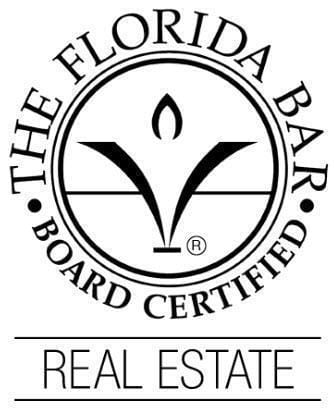Real estate investors are wise to do what they can to reduce their tax liability. This can allow them to reinvest a larger share of their profits into new investments, giving them a greater potential to grow their business.
While 1031 exchanges are a common way for investors to defer their tax liability, there are many other strategies that real estate investors should explore. The following are some common ways to avoid tax liability when buying and selling a property.
Don’t underestimate deductions
All expenses are tax-deductible when you are investing in real estate. This is why you should never underestimate your applicable deductions. If you do, you’ll have to pay higher taxes. You will be able to deduct insurance costs, mortgage interest, property taxes, legal fees and travel expenses, among other things.
Account for depreciation
You can also deduct the depreciation of a property as part of your expenses. The IRS sets the lifespan of a residential building at 27.5 years. This means that each year, you can deduct 1/27.5 of the value of a residential building as a deductible expense.
Hold a property for more than one year
If you flip properties very quickly, you’ll be at risk of being classified as a dealer by the IRS. This means that you may be subjected to double taxes. Therefore, you should try to wait a minimum of one year before selling a property that you purchased previously.
If you are looking for ways to reduce your taxes as a real estate investor, you should consider a combination of strategies for the most successful outcome.




